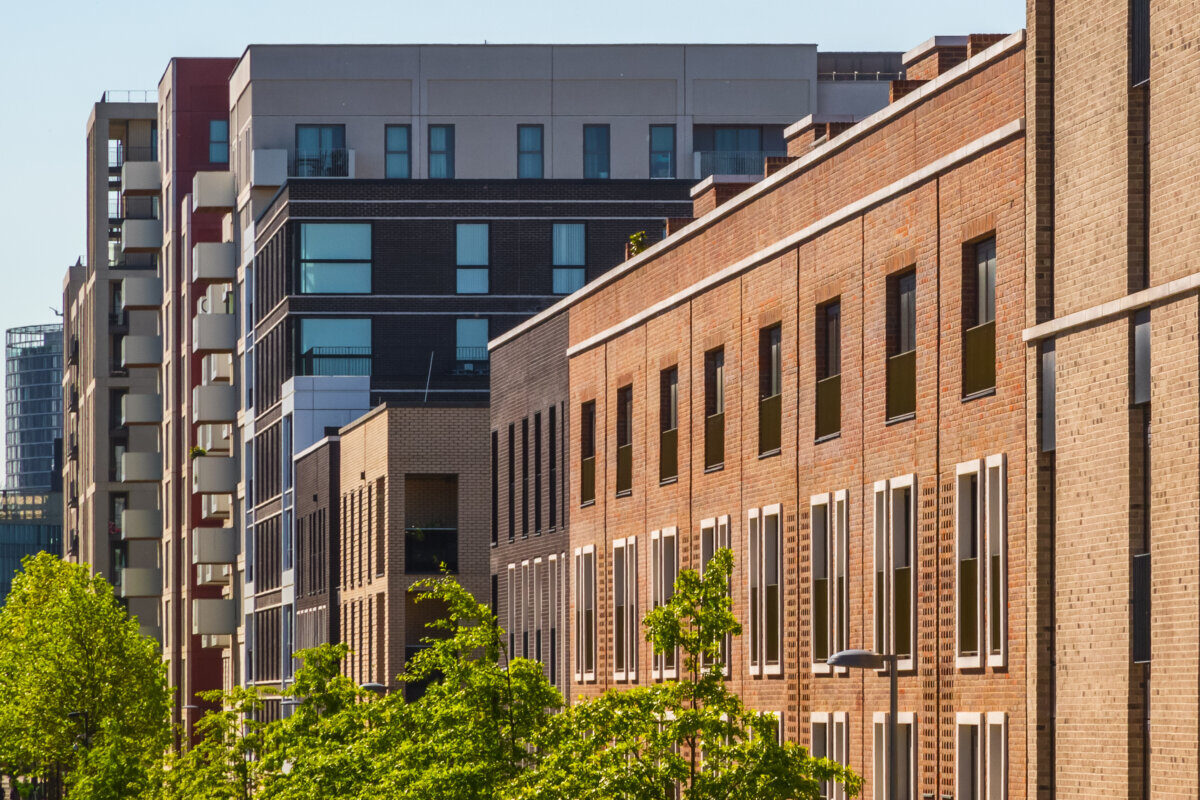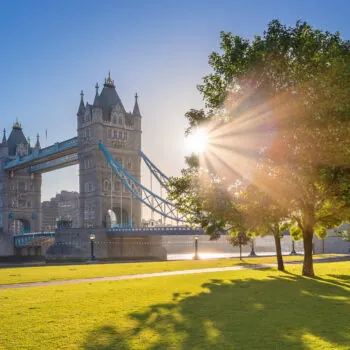Buildings are central to everyday life and a keystone to constructing a climate-safe and sustainable world for all. People spend 90% of their time in buildings – at home, at work, or in the community. Buildings are also critical to limiting global temperature rise to 1.5 degrees, accounting for over 20% of global emissions.
And yet, the buildings and construction sectors have historically made slow progress in service of climate goals. Against the backdrop of rapidly increasing floorspace, emissions have stayed broadly flat over the last decade thanks to improvements in energy efficiency. But with emissions needing to fall by 9% a year this decade, buildings are lagging behind in progress compared to other sectors and severely off-track for Paris Agreement goals. Half of the buildings that will stand in 2050 have not yet been built. The equivalent of Paris – where the first ever Buildings and Climate Global Forum will be hosted on 7-8 March – is added in floorspace every five days.
Given that buildings constitute much of the very fabric of our economies and societies, the sector’s scale and sluggish progress carries systemic risks to people, climate action and finance:
- As homes and workplaces, inefficient and unadapted buildings leave billions of people exposed to energy price and physical climate shocks.
- Buildings account for 34% of energy demand and half of global raw material consumption: poor progress in buildings increases the cost and reduces the speed of transition in the energy and industry sectors.
- Buildings are at the heart of local tax revenue as well as national and global financial systems: as they constitute over half of global wealth, buildings that are inefficient and poorly adapted to the threat of climate change decline in value, rent and insurability and are poised to exacerbate existing and create new macroeconomic instabilities.
Despite the challenges, there is a growing desire among stakeholders across the very broad and often fragmented buildings value chain to drive transformative change, to convert systemic risks into major opportunities. Next week, in Paris, France and the UN Environment Programme will host the first ever Buildings and Climate Global Forum bringing together Ministers from over 50 countries, global business leaders, investors, and experts from civil society. The Forum presents an opportunity for stakeholders to grip the challenge and opportunity at hand and kickstart delivery of a net-zero pathway for buildings. The Forum is a critical political stepping stone to COP30 in Belém, Brazil, where Nationally Determined Contributions will reflect country ambitions up to 2035, and onwards to delivery of the Buildings Breakthrough, the goal of which is to make near zero and resilient buildings the new normal by 2030. To achieve this, the Forum will need to join the dots across the sector’s stakeholders and international processes, and land the case for buildings in the inboxes of finance ministers, institutional investors, and commercial and development banks – unlocking the financial flows needed to dramatically scale near zero emission and resilient buildings.
The imperative to prioritise buildings in climate action has never been clearer. Recognition is growing that near zero, resilient buildings can deliver security and prosperity for homes and businesses and build macroeconomic stability by enhancing the world’s largest asset class. Investing in buildings now can deliver a transition that is good for people and offers a unique premium for governments and investors: reduced risk and more choice in their pathway to net zero and climate safety.


